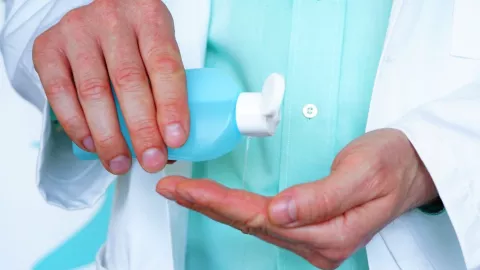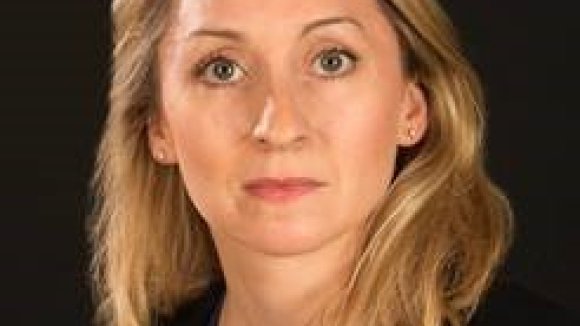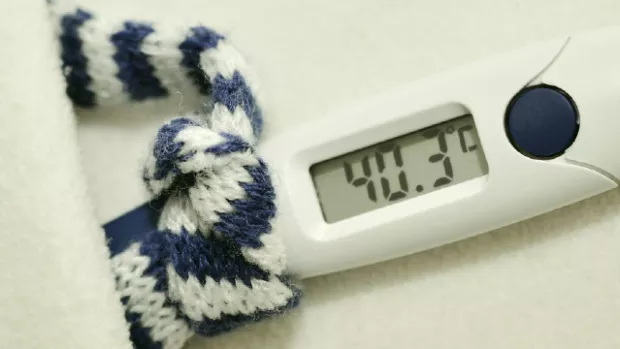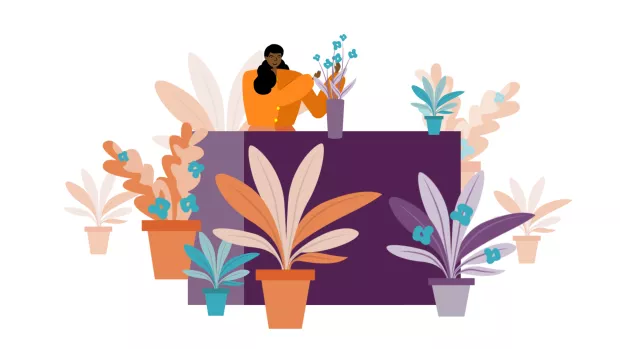
We’re seeing the best of our NHS
Dr Rachel Farrell is a Consultant Neurologist and MS researcher working at the National Hospital for Neurology and Neurosurgery in London. She tells us how she and her colleagues are coping in the face of COVID-19.
In recent weeks, most of our attention has rightly shifted to COVID-19. But my focus has also been on making sure people with other diagnoses, like MS, are not forgotten.
At Queen’s Square, we continue to care for people with chronic neurological conditions. We also handle neurological emergencies, like when people have strokes or need emergency neurosurgery. Right now, we’re doing a lot more of this than normal, to relieve the pressure on hospitals who are looking after people with COVID-19.
Protecting our patients
We’ve had to make big changes to the way we work. Consultant Neurologists are now on site 24/7 to support the junior doctors and other teams working in the hospital to keep everyone safe.
Normally, I do a mixture of clinical and research activities. Most of my clinical work is on advanced symptom management, like walking difficulties and spasticity. It can be a challenge to manage these remotely, but I am providing advice over the phone if possible.
Some of the people I work with need specialist medications or urgent procedures, so I am still doing a few face-to-face appointments too.

It’s such a tough time for everyone, so it’s really heart-warming to see people coming together to get through it. Every day I see in my colleagues the energy that a time of crisis bringDr Rachel Farrell
A big impact on research
My research is mostly on hold. I had several studies and trials in the pipeline, but these can’t go ahead at the moment. Many people with MS are vulnerable, even those not advised to take shielding measures, so we can’t ask them to come in for non-essential procedures like blood tests.
I do think there’s going to be a big impact on university research going forward. But I know lots of trials, like the MS STAT2 team, are working closely with their participants and sponsors to keep people safe whilst minimising the impact on the trial.
The best of our NHS
It’s such a tough time for everyone, so it’s really heart-warming to see people coming together to get through it. Every day I see in my colleagues the energy that a time of crisis brings. Everyone is stepping up to the challenge and working way outside their comfort zone. We’re seeing the best of our NHS and hospital staff should be proud.
For me, I just want to reassure people with MS and other neurological conditions that we’re still here for them. There’s great open communication amongst the UK’S MS specialists, who are all working together to make sure we can provide the best possible information and support.


